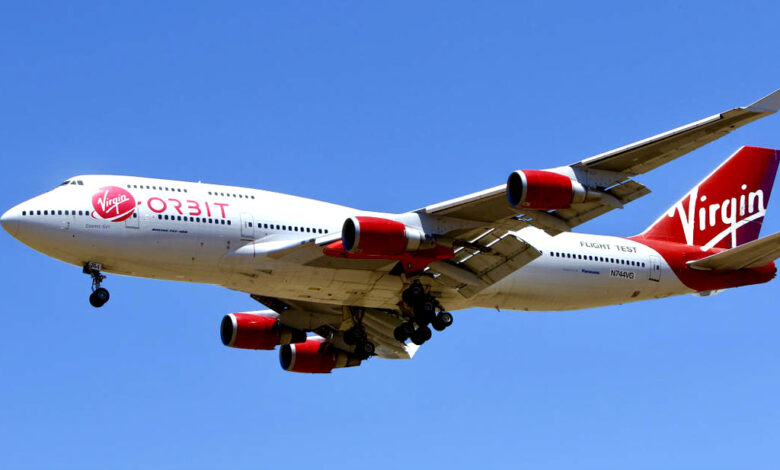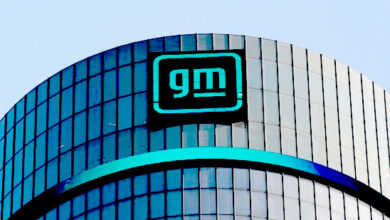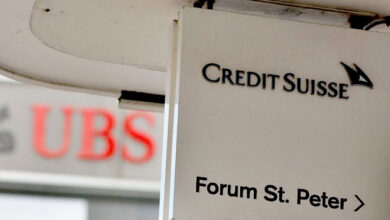Virgin Orbit, Branson’s Aerospace Venture, Files for Bankruptcy and Seeks a Buyer

Virgin Orbit Holdings, the satellite launch company spun off from Richard Branson’s Virgin Galactic, has filed for Chapter 11 bankruptcy after failing to secure long-term funding to recover from a January rocket failure. The California-based firm is seeking to sell its assets after announcing the layoff of 85% of its 750 employees. Virgin Orbit CEO Dan Hart said that the Chapter 11 process is the best way forward to “finalize an efficient and value-maximizing sale”. According to the filing, the company listed assets of $243m and total debt of $153.5m as of September 30, 2022. Virgin Orbit went public last year through a blank-check deal, raising $255m less than expected.
Virgin Orbit launched rockets from beneath a modified Boeing 747 plane to send satellites into orbit. Its strategy has been to launch small rockets from a 747 in flight, allowing for short-notice launches from anywhere. However, analysts and industry executives have said that a shift in demand towards larger launch rockets and cost-effective shared rides to space on SpaceX’s Falcon 9 rocket has raised the competitive stakes for Virgin Orbit. The company’s sixth mission in January failed to reach orbit, sending its payload of US and UK intelligence satellites plunging into the ocean.
Branson’s Virgin Group, which owned approximately 75% of the launch company, said it had invested over $1bn in the unit, including $60m in secured loans since November. The unit’s largest creditor is London-based Arqit Ltd, which is owed almost $10m for services and as a customer deposit. The United States Space Force is the company’s second-largest creditor, with a deposit of almost $6.8m for future launches. Arqit Quantum and Virgin Orbit announced a deal in 2021 for two satellite launches intended to provide encryption services to the “Five Eyes” nations: the United States, the United Kingdom, Canada, Australia, and New Zealand.





